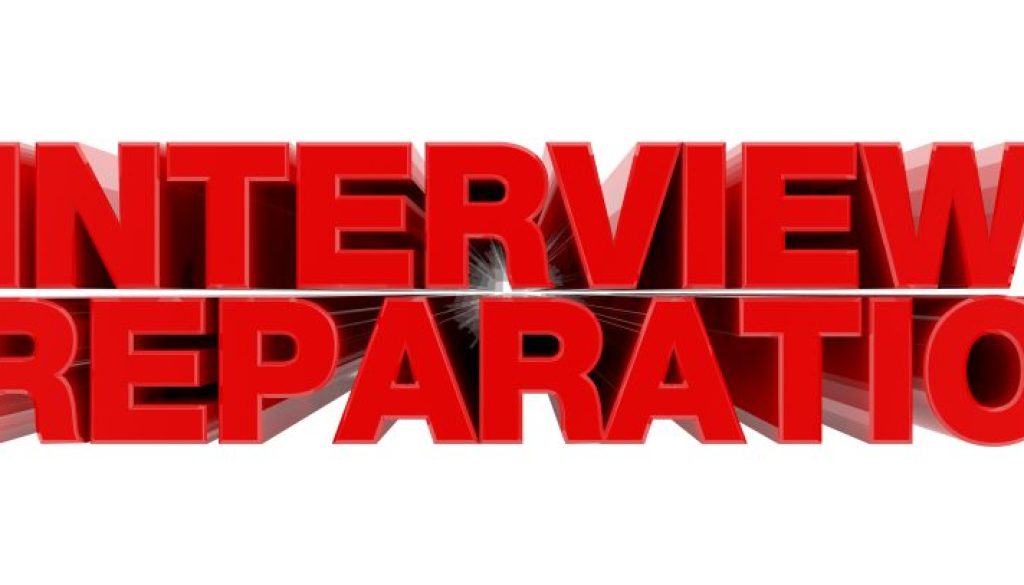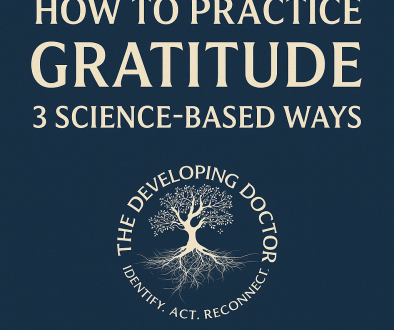Ace Your Medical School Admission Interview
The medical school admissions interview is a pivotal step in the application process. Interviewing is a skill. Many medical school applicants preparing for their med school interview overlook the importance of developing those skills. In this blog, we’ll explore interview skills, from the basics, like making eye contact, to the subtleties of answering complex ethical questions that will help you be accepted to medical school.
The Foundation: Make a Strong First Impression
First impressions are vital, particularly during a medical school interview or when meeting the admissions committee. A firm handshake (or appropriate greeting gesture in our post-pandemic virtual world), good eye contact, and a composed presence set the stage. These simple acts convey confidence and professionalism, important traits for medical students and providers. Appearances matter on interview day! Professional business attire is the norm. At the same time, choose something comfortable. In-person interviews include tours, and you may need to walk long distances. Remember, when you step into the interview room (or appear on screen), your assessment begins.
Medical School Admission Interview Questions
Interviews are not just about asking and answering questions; they’re about storytelling. When you’re asked about your experiences or why you chose to become a doctor, this is your opportunity to connect with the interviewer personally. Start each answer by succinctly rephrasing the question. If you did not hear or understand the question during your med school interview, ask if it can be repeated or rephrased. Remember that good stories have a beginning, middle, and end.
Understanding the Types of Questions
Interview questions come in a variety of flavors, but you can expect three primary types:
- Behavioral Interview Questions: These questions are designed to reveal how you’ve handled situations in the past, which can predict how you’ll handle situations in the future. For example, “Tell me about a time you disagreed with someone. How did you resolve the disagreement?” This question is not really about the disagreement; it’s about your approach and communication skills. The STAR method (Situation, Task, Action, Result) is a helpful way to structure your responses to behavioral interview questions. This method provides results in concise, structured, and impactful answers
- Ethical Questions: Physicians encounter ethical dilemmas regularly. Interviewers may pose hypothetical situations or discuss past real-life scenarios to assess your ethical reasoning, empathy, and decision-making skills. The goal here isn’t necessarily to “solve” the dilemma but to demonstrate a thoughtful, patient-centered approach to challenging decisions. A good approach to these questions is to acknowledge the issue, recognize and respect the different viewpoints of the various stakeholders, and offer a patient-centric solution.
- Questions About Past Experiences: You will be aked questions about your personal or professional life. l These questions can range from “What are yout strengths?” to “Tell be about your clinical experiences, research or leadership roles.” The interviewers are looking for examples of your teamwork, resilience, and dedication to the medical profession. There is not a “right answer” to these questions. This is the time to share how great you are, especially during a medical school interview! The interviewers genuinely want to learn about you
Behavioral Interview Scenario: A Deep Dive
Imagine you’re asked, “Describe a time you failed. How did you handle it?” This question probes your ability to take responsibility, learn from errors, and, importantly, your resilience. The degree of failure does not matter in this scenario. A strong answer- whether about failing a class or coming in last in a mile run- involves a genuine acknowledgment of the failure, the immediate actions taken to rectify it, and the long-term lessons you applied to prevent similar repeat failures.
Fine-Tuning Your Approach
While mastering the content of your answers is crucial, it is also important to pay attention to the delivery, especially in a virtual interview setting. Practicing out loud, either in front of a mirror or through mock interviews, can significantly improve your confidence. Fine-tune what you want to say and how you want to say it. Pay attention to your tone, pacing, and body language—all of which contribute to your overall effectiveness as a communicator. Don’t forget to practice on camera if your interviews are virtual!
The Role of Medical School Admission Interview Coaching
As we’ve explored, interviewing is a skill, and like any skill, it benefits from focused practice and professional feedback. This is where interview coaching, particularly for medical school interviews, can be invaluable. An experienced coach can offer personalized feedback, highlight areas for improvement that you might not see yourself, and help you hone your message to ensure it resonates with your interviewers.
Moreover, practicing with a coach can ease the anxiety often accompanying medical school admissions interviews. Simulating the medical school interview process allows you to familiarize yourself with the format, reduce surprises, and build confidence.
Concluding Thoughts
The journey from college to medical practice is challenging and rewarding. The medical school admissions interview is a gateway all physicians must pass through. Developing strong interview skills sets the stage for your future career.
Interview skills are both an art and a science. With the right preparation, practice, and support, particularly from experienced interview coaches, you can master the art of the med school interview, ensuring a great first impression.
As we’ve explored the nuances from making eye contact to tackling complex ethical questions, remember that each element of the interview process is an opportunity to showcase your dedication, skills, and passion for the medical profession. Invest in mastering these skills!
Frequently Asked Quesions
Q: What is the purpose of a medical school admission interview?
A: The purpose of a medical school admission interview is for the school to assess the applicant’s communication skills, motivations for pursuing a medical career, and overall fit for the program.
Q: How can I prepare for my medical school admission interview?
A: To prepare for your medical school admission interview, review your application, practice common interview questions, research the school’s program, and consider participating in mock interviews.
Q: What should I wear to a medical school admission interview?
A: It is recommended to dress professionally for a medical school admission interview. Opt for business attire such as a suit, dress shirt, and tie for a polished look.
Q: Should I send a thank you note after my medical school admission interview?
A: Sending a thank you note after your medical school admission interview is a thoughtful gesture that can leave a positive impression on the interviewer. It shows appreciation for the opportunity and reiterates your interest in the program.
Q: What are some questions I can ask during my medical school admission interview?
A: Some questions to ask during your medical school admission interview include inquiring about the curriculum, opportunities for research or clinical experience, student support services, and the school’s emphasis on wellness and work-life balance.
Q: How do virtual interviews differ from in-person interviews for medical school admission?
A: Virtual interviews for medical school admission offer the convenience of interviewing from any location with an internet connection. However, it’s important to ensure a quiet, professional space and test equipment in advance to avoid technical issues.
Q: What is the Multiple Mini Interview (MMI) format commonly used in medical school admissions?
A: The Multiple Mini Interview (MMI) format consists of a series of short stations where applicants rotate through scenarios to assess their ethical reasoning, communication skills, critical thinking, and ability to handle challenging situations.





